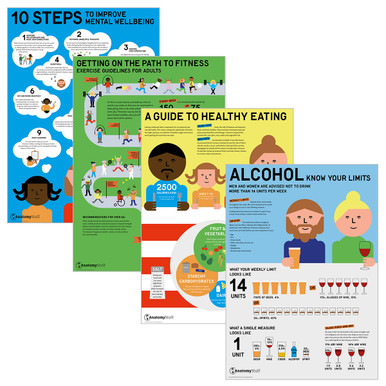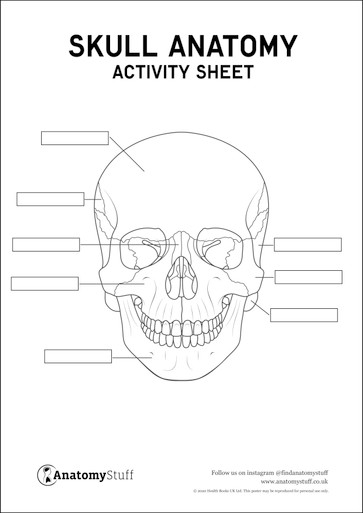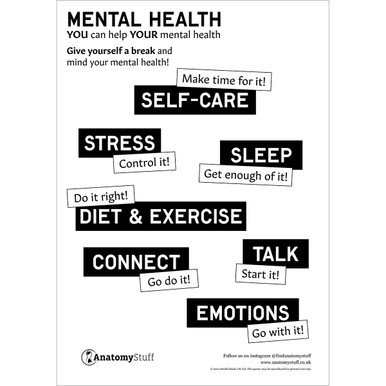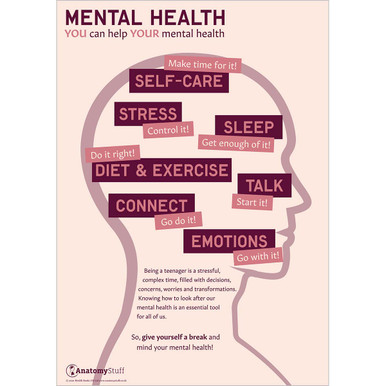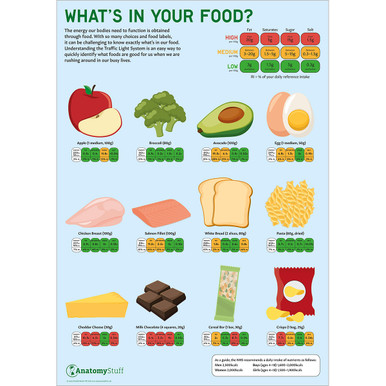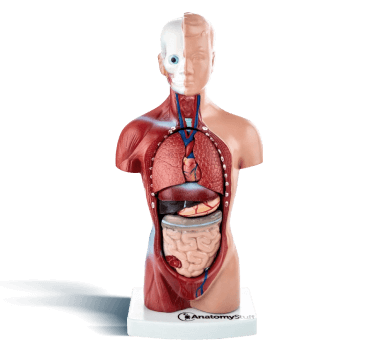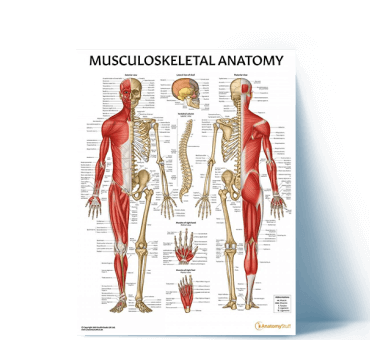5 Vitamins and Minerals for Wellbeing and Mental Health
If we’ve learnt anything since the global Covid-19 pandemic began in 2020, it’s the fact that we need to look after ourselves physically as well as mentally.
As a result of what’s been happening in the world lately, healthcare providers and government officials are growing increasingly concerned about people’s mental health and welfare.
When it comes to our physical health, we all know how important healthy eating is. Following a healthy diet rich in vitamins and minerals helps boost immunity, support weight management, boost circulation, lower cholesterol, reduce blood pressure, and a whole lot more.
We know that the body thrives upon vitamins, minerals, and other beneficial nutrients, but so too does the brain. Studies have linked vitamin deficiencies and unhealthy diets with poor mental health, which is why we’re encouraged to consume plenty of vitamins and minerals for our mental and physical health.
Here are five vitamins and minerals for wellbeing and good mental health to help you get on the path to a healthier mind and body.
Magnesium
Magnesium is a mineral that is renowned for its healing properties.
Magnesium is fantastic for numerous reasons for our physical and mental health. To begin with, it assists with muscle recovery, so it can help tired and aching muscles to recover after overuse, i.e. during strenuous exercise.
As well as that, magnesium also assists with the production of important brain hormones such as serotonin and melatonin, which act as endorphins and can assist with improving our mental health while also assisting with getting a good night’s sleep thanks to the melatonin it helps the pineal gland in the brain to produce.
Numerous studies have also linked magnesium consumption with a reduction in anxiety symptoms, so it can help people to relax, feel less anxious, and feel less stressed.
Magnesium supplements are available, though you can also get magnesium from whole foods such as spinach, almonds, avocados, cashew nuts, and black beans.
Vitamin C
In terms of general wellbeing, vitamin C is probably the most important vitamin of all.
Vitamin C, or ascorbic acid, as it is also known, plays an essential role in the function of the immune system. Vitamin C helps to strengthen and boost the immune system, which is the body’s first line of defence against illness and disease. Studies have linked vitamin C deficiencies with suppressed immune systems, which is why we need to ensure we get enough.
There is also strong evidence to suggest that vitamin C may help to reduce anxiety, stress, and mild depression symptoms.
Vitamin C is a water-soluble vitamin that isn’t stored; this is why we need to ensure we get enough each day. As well as being available in supplement form, vitamin C is also found in most fruits and vegetables, especially citrus fruits.
Average-sized adults should not exceed 2000mg of vitamin C daily, as it can lead to digestive issues.
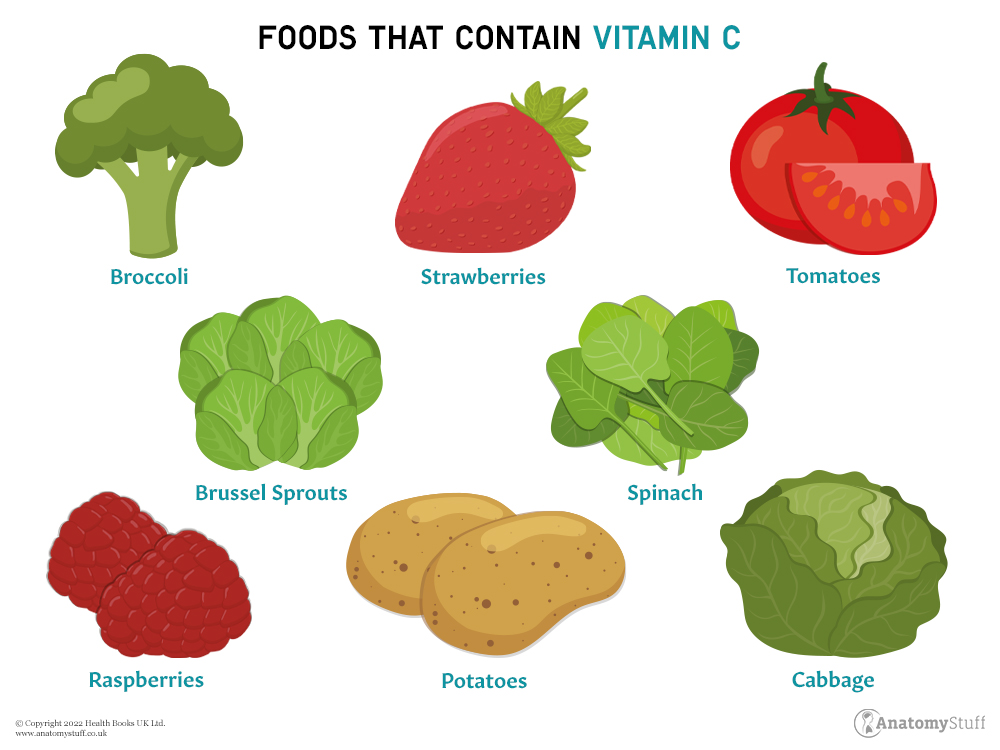
Vitamin D
Vitamin D is also known as the ‘sunshine vitamin’ because our bodies produce it naturally when exposed to direct sunlight.
Vitamin D deficiencies, however, have been linked with poor mental health. Vitamin D helps to elevate your mood by assisting with the production of serotonin in the brain. Serotonin is an endorphin that makes us feel happy and relaxed.
Vitamin D can also reduce inflammation, including inflammation in the brain, which can help ease depression. It can also help regulate your mood, give you energy, support the immune system, and promote general wellbeing.
On top of that, it can also strengthen your bones by assisting with calcium uptake, enabling calcium to be absorbed by the bones rather than going to waste.
Vitamin D is a supplement found in whole foods such as oily fish, avocados, red meat, whole eggs, and fortified foods such as flour and breakfast cereals.
Omega 3 fatty acids
Foods rich in Omega 3 fatty acids are often known as ‘brain foods’, and there is an excellent reason for this.
You see, omega 3s can help the brain to convert serotonin into a usable form. They also assist with the production of endorphins, reduce the production of stress hormones such as cortisol, promote cardiovascular health, and give us energy as well.
Omega 3 fatty acids are most commonly found in oily fish such as salmon, mackerel, and sardines. They’re also found in whole eggs, plant oils such as olive oil, hemp oil, and flaxseed oil, as well as in nuts and seeds.
On top of the above foods, omega-3 fatty acids are also available in supplement form. For optimal results, consume them with vitamin D, which is fat-soluble, so the body needs fat to absorb it.
Free PDF Downloads
View AllVitamins B6 and B12
Vitamin B6 not only plays a key role in our metabolisms’ function but is also very important for nerve functions within the brain.
Vitamin B6 assists with the metabolization of oestrogens, so B6 deficiencies could lead to hormonal imbalances, particularly in women suffering with PMS symptoms.
Vitamin B12 is renowned for its mood-boosting abilities as it can help to improve our mental health and increase our energy levels while suppressing and preventing stress, anxiety, and depression symptoms.
B12 is commonly found in red meat, whole eggs, fish, and dairy. Vegans and vegetarians are therefore at risk of deficiencies which is why vitamin B12 supplements are recommended.
Related products
View All